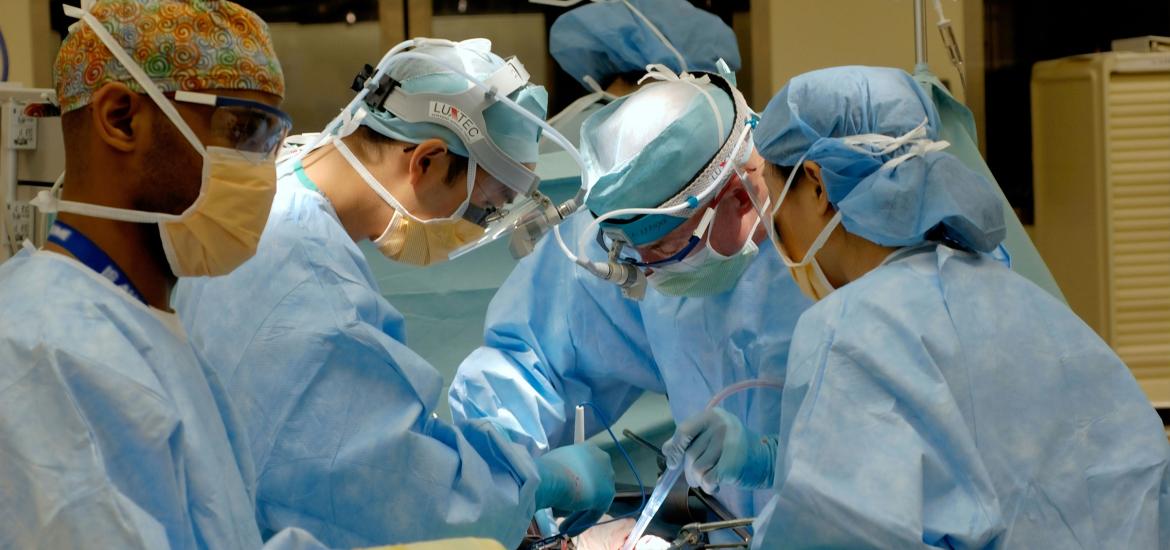
Keytruda could advance in head and neck

Since Merck & Co is one of the few big pharma PD-(L)1 players still running pivotal trials in head and neck cancer it will welcome Keytruda’s success in Keynote-689. On Tuesday the group said this trial, of neoadjuvant Keytruda followed by adjuvant Keytruda plus chemo and radiotherapy, met its primary endpoint of event-free survival versus chemo/radiotherapy alone. Merck said it would submit the data to regulators, and approval would add to the drug’s established head and neck cancer uses in the first (monotherapy in PD-L1 ≥1% expressers, and chemo combo in all-comers) and second line. That’s promising, but the group said Keynote-689’s key secondary OS endpoint in PD-L1 ≥10% patients failed to hit statistical significance. Then there’s the issue of teasing out Keytruda’s contribution to Keynote-689’s separate stages – something that appears impossible given the trial’s combined design, but which the FDA is increasingly keen to see. The question is pertinent given Tecentriq’s failure in Imvoke-010, specifically in the adjuvant setting. Elsewhere Opdivo is approved second line, but has failed two pivotal trials, as has Imfinzi, and Bristol, Roche and Astra are no longer pursuing head and neck cancer with PD-(L)1 blockade in phase 3, according to OncologyPipeline.
Selected Merck-sponsored pivotal trials of Keytruda in head & neck cancer
| Study | Setting | Result |
|---|---|---|
| Keynote-040 | Second line | Failed for OS |
| Keynote-412 | First line & maintenance | Failed for EFS |
| Keynote-048 | First line, +/- chemo | Supports approval for monoRx in PD-L1 ≥1&, & chemo combo in all-comers |
| Keynote-689 | Neoadjuvant (monoRx), then adjuvant chemo/radiotherapy combo | Positive for EFS & mPR; numerical OS benefit seen in PD-L1 ≥10% (first subgroup in hierarchy), but not statistically significant at 81% data maturity; continuing to next interim analysis |
Source: OncologyPipeline. This table has been updated.
928













